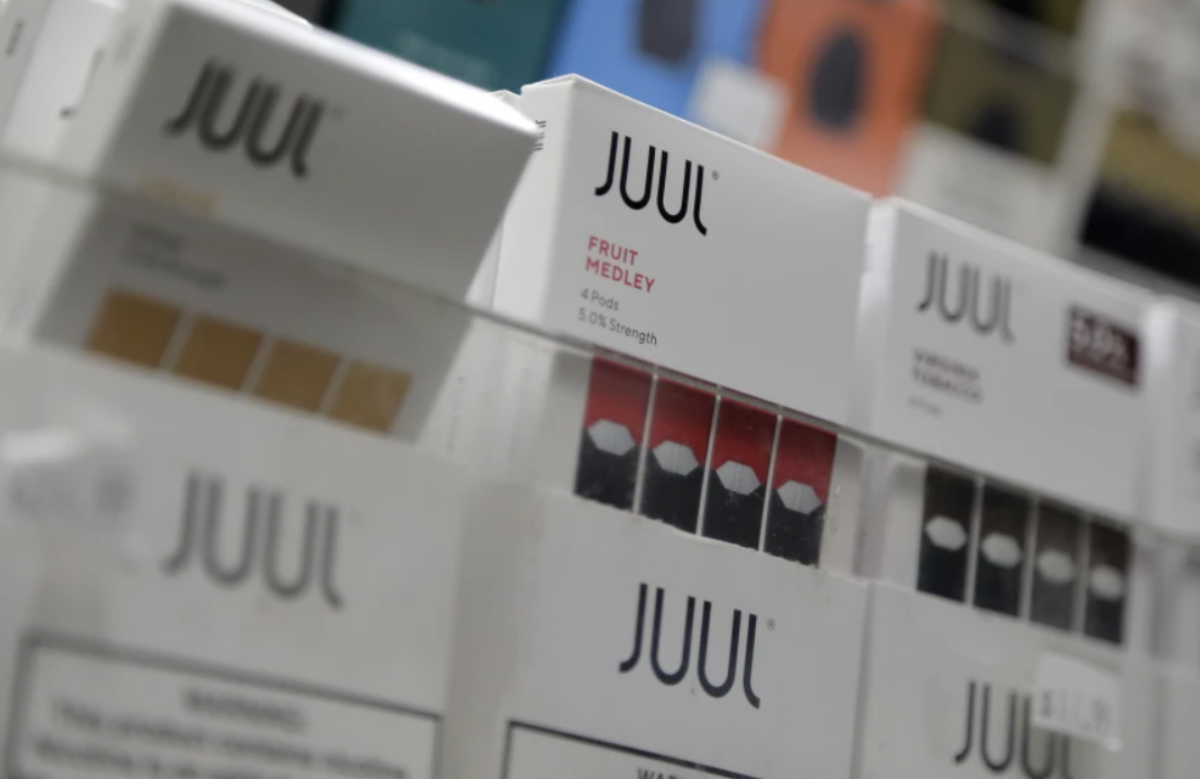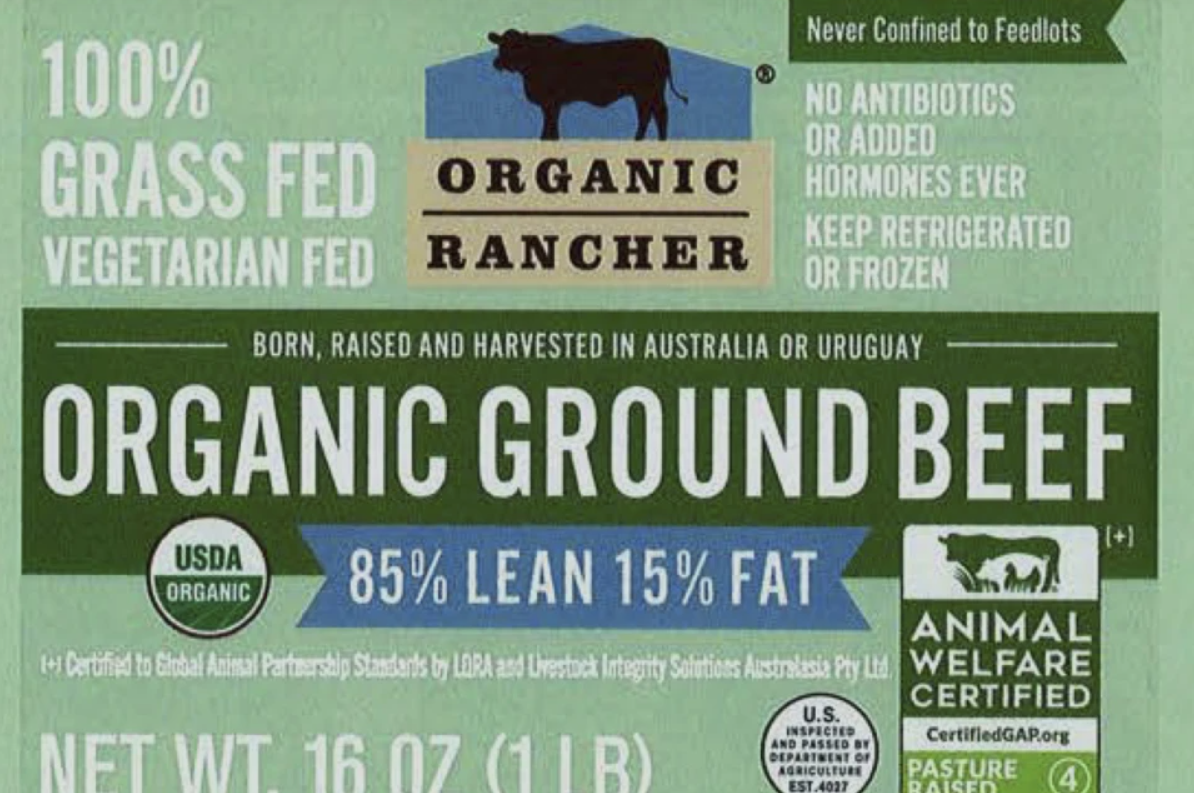The Food and Drug Administration has allowed vaping company Juul to continue selling its e-cigarettes, providing some relief to the firm after years of regulatory and legal struggles linked to the rise in teen vaping.
FDA officials stated Thursday that Juul’s scientific data demonstrates its products pose less harm to adult smokers who switch completely from traditional cigarettes to vaping.
This FDA decision covers both tobacco- and menthol-flavored versions of Juul’s reusable device, which uses nicotine cartridges available in two strengths. Juul had earlier discontinued many of its fruit and candy flavors, which were popular among teens but drew heavy criticism.
Juul will now be one of only two U.S. companies allowed to sell menthol-flavored vapes, a flavor many adult users prefer over tobacco.
Juul’s CEO, K.C. Crosthwaite, called the decision an important milestone and said the company made a strong scientific case for the role of menthol in vaping products.
Despite the FDA’s move, opposition from parents, politicians, and anti-tobacco advocates is expected to continue, as many argue Juul should be banned for its role in fueling youth vaping.
Once valued at over $13 billion, Juul revolutionized the vaping industry with its sleek, high-nicotine devices but has since faced massive legal and financial setbacks. The company has cut hundreds of jobs and paid billions to resolve lawsuits related to its contribution to the surge in underage vaping.
In June 2022, the FDA ordered Juul to remove its products from the market but reversed the decision days later after Juul challenged the order in court and highlighted overlooked scientific data in its application.
The FDA’s announcement is not an outright approval or endorsement. The agency reiterated that non-smokers should avoid Juul or any e-cigarettes, but acknowledged that smokers who switch entirely to Juul may reduce their exposure to harmful chemicals found in traditional cigarettes.
This authorization applies to Juul’s original product, which has been on the market for nearly ten years. Crosthwaite noted the company is seeking FDA approval for its next-generation device and considering applying for additional flavors.
In recent years, the FDA has approved only a small number of e-cigarettes designed to help adult smokers reduce or quit smoking, rejecting over a million other products that failed to meet agency standards. Juul’s main competitors, Vuse and Njoy, had previously received FDA authorization.
To gain FDA approval, companies must prove their products benefit public health — showing that adult smokers are likely to quit or cut back on smoking, while minimizing the risk of teen addiction.
Founded by two Stanford students in 2015, Juul quickly dominated the vaping market with high-nicotine, fruit-flavored cartridges like mango, mint, and creme brulé. Its compact design offered a more potent and user-friendly alternative to earlier, bulkier devices.
However, Juul’s rapid rise was marred by underage use, leading to its products becoming widespread in U.S. schools. By 2019, under pressure, Juul stopped advertising and removed most flavors, leaving only tobacco and menthol.
At that point, Juul was already facing multiple investigations and lawsuits at federal, state, and local levels, along with class-action suits.
In 2022, Juul settled thousands of lawsuits for $1.7 billion, including claims from families, school districts, city governments, and Native American tribes. Separately, the company agreed to pay $1.1 billion to resolve state lawsuits and investigations.
Juul has lost its top spot in the market to Vuse, Reynolds American’s brand. Teen vaping has also declined, hitting a decade low last year according to the FDA, partly due to increased crackdowns on unauthorized vaping products imported from China, like Elf Bar.
Unlike Juul, disposable e-cigarettes such as Elf Bar continue to offer fruit and candy flavors despite regulatory efforts to restrict them.
Also Read:
U.S. Manufacturing Remains Sluggish Despite Biden’s Subsidies and Trump’s Tariffs
Wall Street Holds Close to Record Highs Amid Uncertainty Over Trump’s Tariffs














